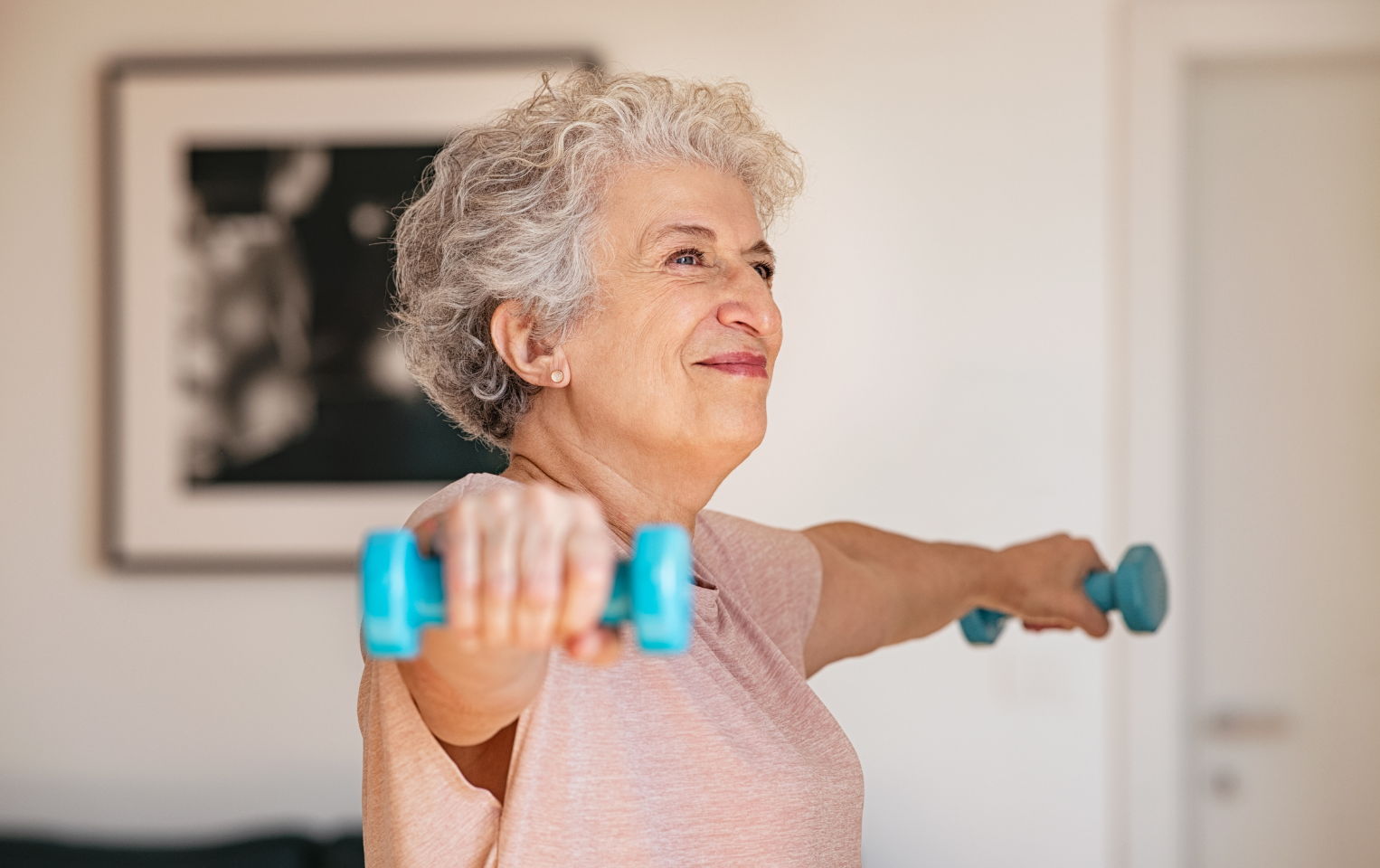As we age, maintaining strong and resilient bones becomes increasingly crucial for overall well-being. Bone health is a key component of an active and independent lifestyle in our senior years.
In this article, we will explore the unique considerations and strategies for promoting bone health among seniors, encompassing nutrition, exercise, and lifestyle choices.
Understanding Age-Related Changes
Aging is associated with natural changes in bone density and structure. Bone mass typically peaks in early adulthood, and after the age of 50, bone loss tends to outpace the formation of new bone tissue.
Understanding these changes is essential for developing effective strategies to maintain bone health in seniors.
Calcium and Vitamin D Intake
Adequate calcium and vitamin D intake remains critical for seniors to support bone health. Calcium-rich foods such as dairy products, leafy greens, and fortified foods, along with vitamin D from sources like fatty fish and sunlight exposure, contribute to optimal bone mineralization and help prevent fractures.
Protein for Muscle and Bone Strength
Protein is vital for maintaining muscle mass and supporting bone health. Seniors should include lean protein sources in their diet, such as poultry, fish, legumes, and low-fat dairy.
Protein-rich foods aid in collagen synthesis, enhancing bone flexibility and reducing the risk of fractures.
Weight-Bearing and Resistance Exercises
Regular physical activity, including weight-bearing exercises and resistance training, is crucial for seniors to maintain bone density and muscle strength.
Activities like walking, dancing, and strength training help stimulate bone-forming cells, improving overall skeletal health and reducing the risk of falls.
Balance and Flexibility Training
Balance and flexibility exercises are integral for seniors to prevent falls and fractures. Incorporating activities like tai chi and yoga improves stability, coordination, and flexibility, enhancing overall mobility and reducing the risk of accidents.
Hydration and Bone Health
Staying adequately hydrated is often overlooked but plays a significant role in bone health. Water is essential for transporting nutrients, including calcium and magnesium, to the bones. Seniors should prioritize hydration to support the overall well-being of their skeletal system.
Regular Bone Density Monitoring
Seniors should undergo regular bone density screenings to monitor changes in bone mass. These screenings help identify signs of bone loss early on, allowing for timely intervention and preventive measures.
Avoiding Smoking and Excessive Alcohol
Smoking and excessive alcohol consumption can contribute to bone loss and increase the risk of fractures. Seniors are encouraged to quit smoking and limit alcohol intake to promote overall bone health.
Supplements and Medication Management
In some cases, healthcare providers may recommend calcium, vitamin D, or other supplements to meet specific needs. Seniors should consult with their healthcare professionals to determine the appropriate supplementation, ensuring they complement a balanced diet.
Fall Prevention
Implementing strategies to prevent falls is paramount for seniors. Adequate lighting, non-slip flooring, and assistive devices can significantly reduce the risk of accidents, ultimately preserving bone health.
Conclusion
Prioritizing bone health in the senior years is a proactive step towards maintaining independence, mobility, and overall well-being.
Through a combination of proper nutrition, regular exercise, and lifestyle choices, seniors can build a strong foundation for their skeletal health.
Consulting with healthcare professionals for personalized advice ensures that seniors can embrace aging with resilience and vitality, enjoying a fulfilling and active lifestyle.

Leave feedback about this